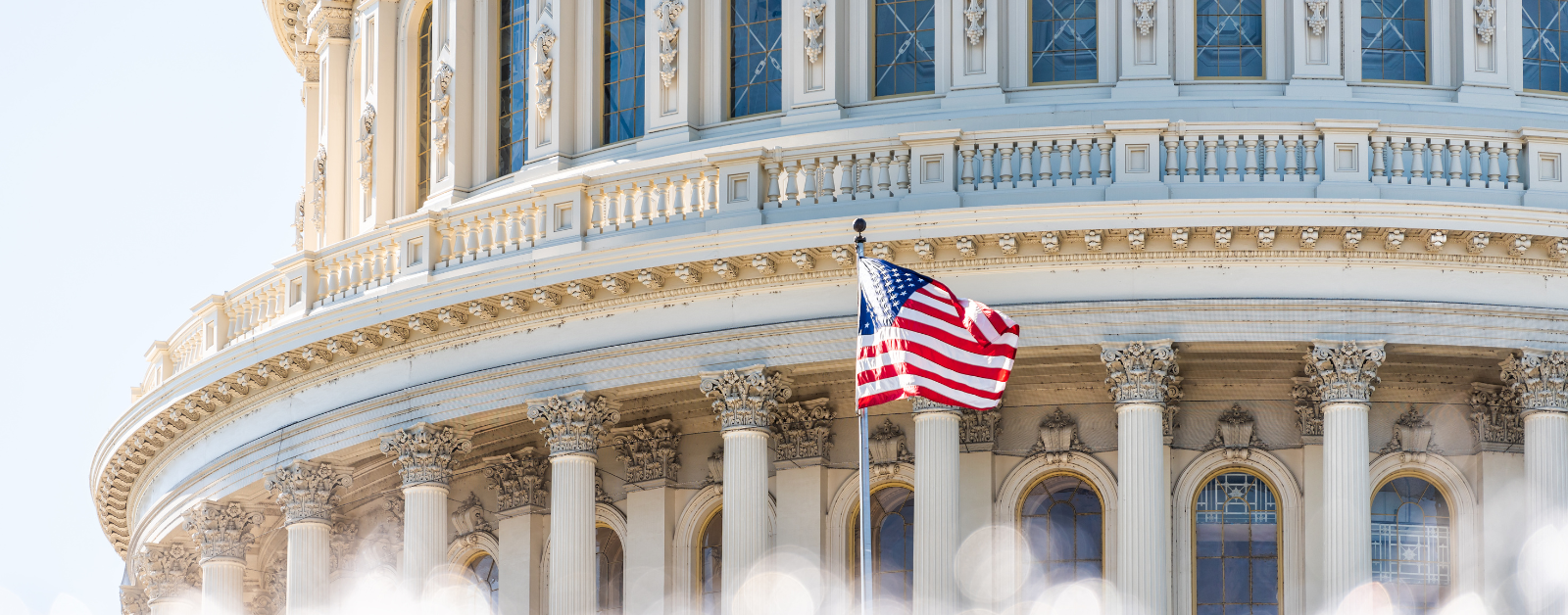“Your checkbook is a spiritual document,” the priest said. Peter and I were young and newlywed. We had been invited to a fundraiser for our local church. It was long enough ago that most people did most of their financial transactions through paper checks. And the speaker that night wanted us to understand that where we put our money tells us something about the state of our souls.
I’ve returned to his simple words over the years as a helpful statement of spiritual reality. What does my purchase of a new dress, or our decision to pay for a trip to Disney World tell me about who I am and what I believe? What does our commitment to giving money to charitable causes or to people in need signify? When is it good to spend, save, and give money away? What do those decisions reflect about who we are and who we are becoming?
It’s a question we might want to ask collectively right now, as the One Big, Beautiful Bill Act makes its way through Congress. I had a chance to write about the implications of this bill on families affected by disability, and the way we as a nation choose to spend, or restrict spending for Cognoscenti this week:
I am losing my confidence that each year is a better year for people like our daughter.
Since Trump’s return to the White House in January, the Social Security Administration has ceased funding the Retirement and Disability Research Consortium, which was instrumental in fostering “research, communication and education on matters relating to disability policy.” Reduced funding for research at the National Institutes of Health disproportionately affects disabled people. The proposed reorganization of the Department of Education and the Department of Health and Human Services puts the rights of disabled students in jeopardy. Early drafts of the bill under consideration show that the Trump administration wants to eliminate funding for state councils of developmental disabilities, lifespan respite programs and advocacy organizations, among other programs.
![[image description: A laptop screen displays a WBUR article titled "For people with disabilities: Kindness is nice. Legal protections are necessary." The article includes a photo of former President Donald Trump and two other individuals.] [image description: A laptop screen displays a WBUR article titled "For people with disabilities: Kindness is nice. Legal protections are necessary." The article includes a photo of former President Donald Trump and two other individuals.]](https://substackcdn.com/image/fetch/w_1456,c_limit,f_auto,q_auto:good,fl_progressive:steep/https%3A%2F%2Fsubstack-post-media.s3.amazonaws.com%2Fpublic%2Fimages%2Fbe5e3aae-c2fc-4296-8cd2-b2ed37553605_1456x1048.png)
I’m disheartened by the choices we are on track to make as a nation when it comes to funding care for our most vulnerable members. I’m also aware that money does not buy happiness or connection. Only love—manifested in embodied care for one another—can do that.
Read the full essay here: For people with disabilities: Kindness is nice. Legal protections are necessary
Let’s stay in touch. Subscribe to my newsletter to receive weekly reflections that challenge assumptions about the good life, proclaim the inherent belovedness of every human being, and envision a world of belonging where everyone matters. Follow me on Facebook, Instagram, and YouTube and subscribe to my Reimagining the Good Life podcast for conversations with guests centered around disability, faith, and culture.



